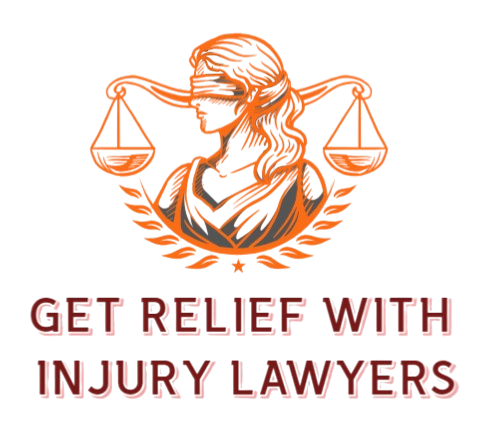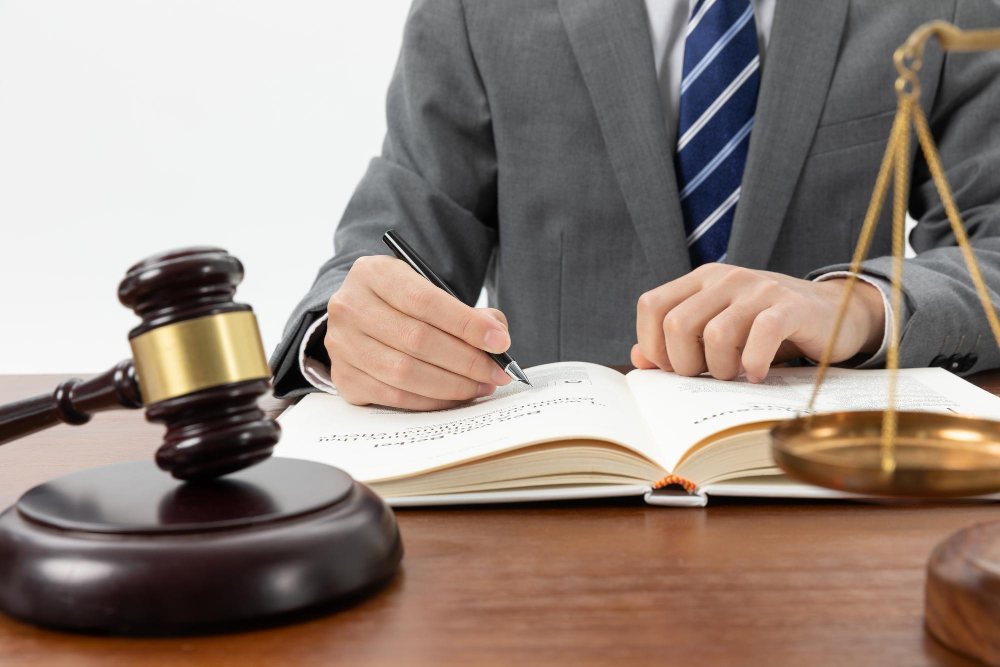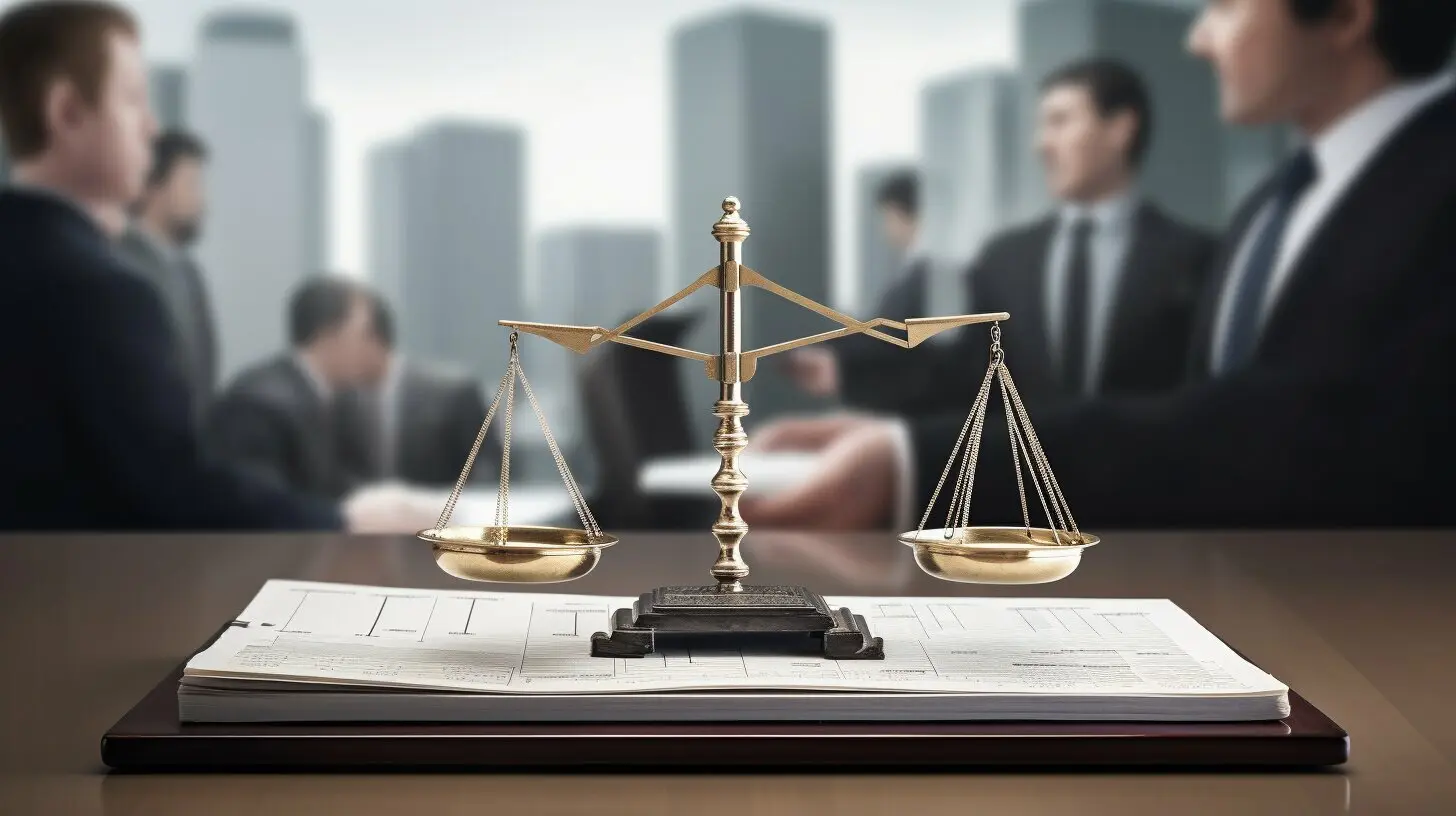Trial courts assume a urgent part in the justice system, however they are not resistant to errors. These errors can have significant results, influencing the result of cases and the lives of those included.
In this article, we’ll investigate the absolute most common legal errors made by trial courts and their suggestions.
Misapplication of Law
One of the essential errors trial courts make is the misapplication of law. This happens when the court erroneously deciphers or applies the law to current realities of the case. Such errors can prompt unfair results and subvert the believability of the legal system.
Inability to Consider Important Evidence
Trial courts are liable for thinking about all significant evidence introduced during a trial. However, they may in some cases ignore significant evidence or give unnecessary load to specific snippets of data while dismissing others. This can slant the result of the case and deny parties a fair trial.
Ill-advised Jury Instructions
One more common error is the issuance of ill-advised jury guidelines. Trial courts should give clear and precise guidelines to the jury in regards to the law material to the case. Inability to do so can confound hearers and result in mistaken decisions.
Predisposition and Prejudice
Trial courts are supposed to be fair-minded and unprejudiced in their decisions. However, judges or other court staff may now and then display inclination or bias, whether intentionally or unwittingly. This can deny gatherings of a fair hearing and subvert the uprightness of the judicial interaction.
Procedural Errors
Procedural errors, for example, inability to stick to legal cutoff times or ill-advised treatment of evidence, are additionally common in trial courts. These errors can prompt postponements, procedural confusions, and eventually influence the decency of the trial.
Lacking Clarification of Decisions
Trial courts are expected to give clear and contemplated clarifications to their decisions. However, a few courts might neglect to satisfactorily make sense of the reason for their rulings, making it moving for gatherings to figure out the reasoning behind the judgment.
Ramifications of Legal Errors
The outcomes of these legal errors can far-reach. They can bring about unfair convictions, uncalled for results, and dissolve public confidence in the justice system. Post-conviction lawyers frequently experience cases where legal errors have antagonistically impacted their clients’ freedoms and look for cures through appeals or other legal roads.
Job of Post-conviction lawyers
Post-conviction lawyers assume an essential part in tending to legal errors made by trial courts. They cautiously survey trial records, identify errors or established infringement, and advocate for their clients’ freedoms in appellate courts. Through determined legal portrayal, post-conviction lawyers endeavor to address unnatural birth cycles of justice and guarantee fair treatment under the law.

Challenges in Adjusting Legal Errors
Notwithstanding the endeavors of post-conviction lawyers, revising legal errors can be a difficult and tedious cycle. Appellate courts might maintain trial court decisions except if there is obvious proof of error or sacred infringement. This highlights the significance of careful legal analysis and powerful claims introduced by post-conviction lawyers in Florida to convince appellate judges of the requirement for remedial activity.
Nonstop Improvement in the Justice System
Perceiving and tending to common legal errors made by trial courts is essential for nonstop improvement in the justice system. Judicial schooling programs, ordinary audit of court decisions, and feedback components can assist with decreasing the event of errors and upgrade the decency and proficiency of legal procedures.
By gaining from previous slip-ups and taking a stab at greatness, the legal system can more readily serve the standards of justice and maintain the privileges of all people engaged with legal procedures.
Final Remarks: Significance of Appellate Advocacy
In conclusion, trial courts are powerless to a scope of legal errors that can affect the result of cases. From misapplication of law to procedural slips up, these errors feature the complexity and difficulties inside the legal system.
However, post-conviction lawyers like those at Brownstone Appeal Lawyers are committed to maintaining justice and rectifying legal injustices through viable appellate advocacy. Their expertise and obligation to decency contribute significantly to keeping up with the trustworthiness of the legal cycle.



